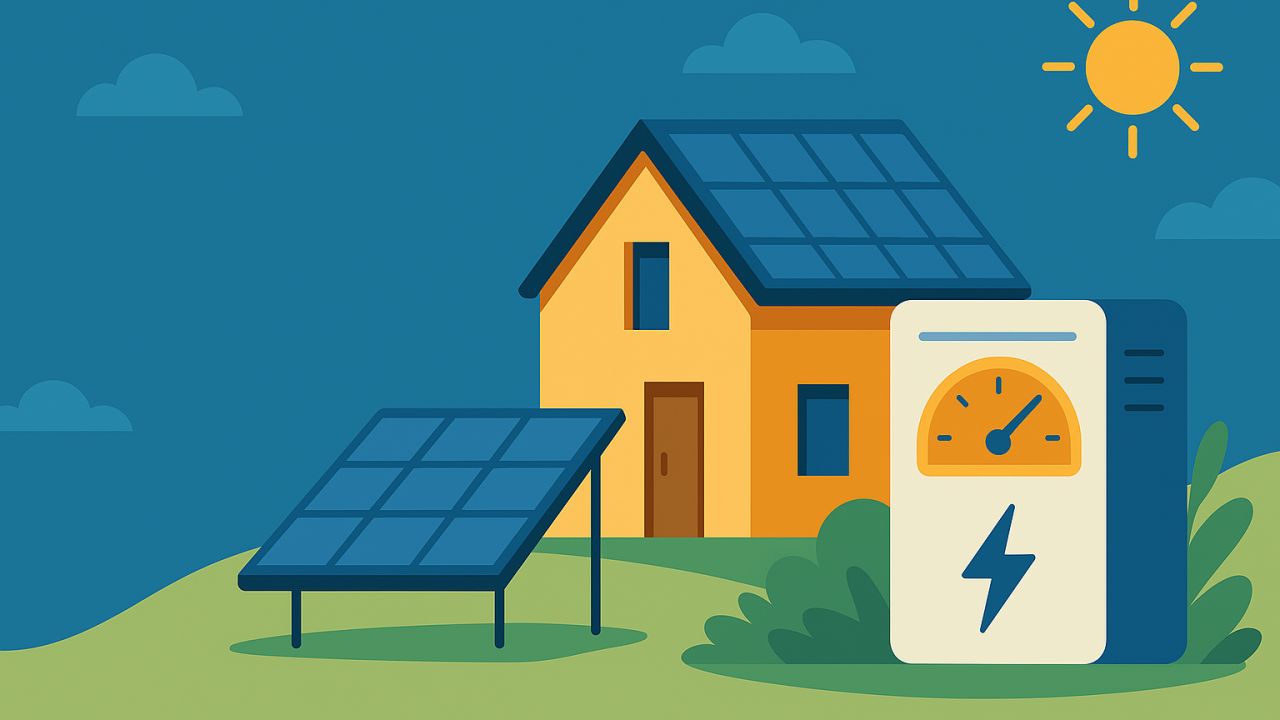Pakistan is witnessing a rapid surge in battery storage system (BESS) imports, fueled by high electricity prices and falling solar panel costs, according to a new report by the US-based Institute for Energy Economics and Financial Analysis (IEEFA). Imports of battery storage are projected to reach 8.75 gigawatt-hours (GWh) by 2030, potentially accounting for 26 percent of the country’s peak electricity demand.
IEEFA’s latest report, Battery Storage and the Future of Pakistan’s Electricity Grid, reveals that Pakistan imported an estimated 1.25 GWh of lithium-ion battery packs in 2024, with an additional 400 megawatt-hours (MWh) brought in during the first two months of 2025. The trend is expected to continue as consumers seek relief from rising power bills.
The report warns that if this trajectory persists, it could result in stranded peak generation assets and increased financial losses for the national grid. Most of Pakistan’s lithium-ion battery imports originate from China, which has also become a leading supplier of solar panels to the country.
While the price of solar PV modules in Pakistan has steadily declined, battery storage systems remain costly due to high taxes and customs duties. The average price of lithium-ion battery packs ranges from $230 to $360 per kilowatt-hour (kWh). Despite a 48 percent cost increase from surcharges and duties, solar-battery combinations remain attractive for consumers, with installations on the rise.
IEEFA notes that the payback period for solar with BESS is three to five years for residential users and four to six years for commercial and industrial sectors, depending on battery size and usage. Pakistan’s widespread adoption of rooftop solar provides a strong foundation for distributed battery storage, which could reduce the need for new centralised power generation—if supported by fiscal incentives and regulatory reforms.
However, the report cautions that a lack of grid modernisation and robust regulatory support could undermine the benefits of battery storage. Unchecked growth in BESS could destabilise the grid by reducing demand and increasing capacity payments.
IEEFA recommends timely investments in grid upgrades, smart metering, and regulatory updates to enable decentralised solar-plus-battery configurations, helping Pakistan avoid costly generation expansion and supporting a more strategic approach to power planning.










